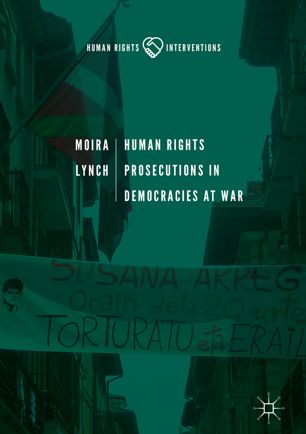

Most ebook files are in PDF format, so you can easily read them using various software such as Foxit Reader or directly on the Google Chrome browser.
Some ebook files are released by publishers in other formats such as .awz, .mobi, .epub, .fb2, etc. You may need to install specific software to read these formats on mobile/PC, such as Calibre.
Please read the tutorial at this link: https://ebookbell.com/faq
We offer FREE conversion to the popular formats you request; however, this may take some time. Therefore, right after payment, please email us, and we will try to provide the service as quickly as possible.
For some exceptional file formats or broken links (if any), please refrain from opening any disputes. Instead, email us first, and we will try to assist within a maximum of 6 hours.
EbookBell Team

4.8
74 reviewsThough many of the longest and most devastating internal armed conflicts have been fought within the boundaries of democratic states, these countries employ some of the highest numbers of human rights prosecutions. What conditions prompt this outcome and what explains the variable patterns of prosecutions in democracies at war? Prosecutions may be enabled by existing democratic norms and institutions, but given their role in a violent conflict, democratic governments may go to great lengths to avoid judicial accountability. Through qualitative and quantitative research of four cases, Sri Lanka, Northern Ireland, Spain and Colombia, this book argues that emergency and anti-terrorism laws issued during the conflict created barriers to the investigation and prosecution of state human rights violations. The extent to which state actors were held accountable was shaped by citizens, NGOs and political actors who challenged or upheld impunity provisions within emergency legislation.